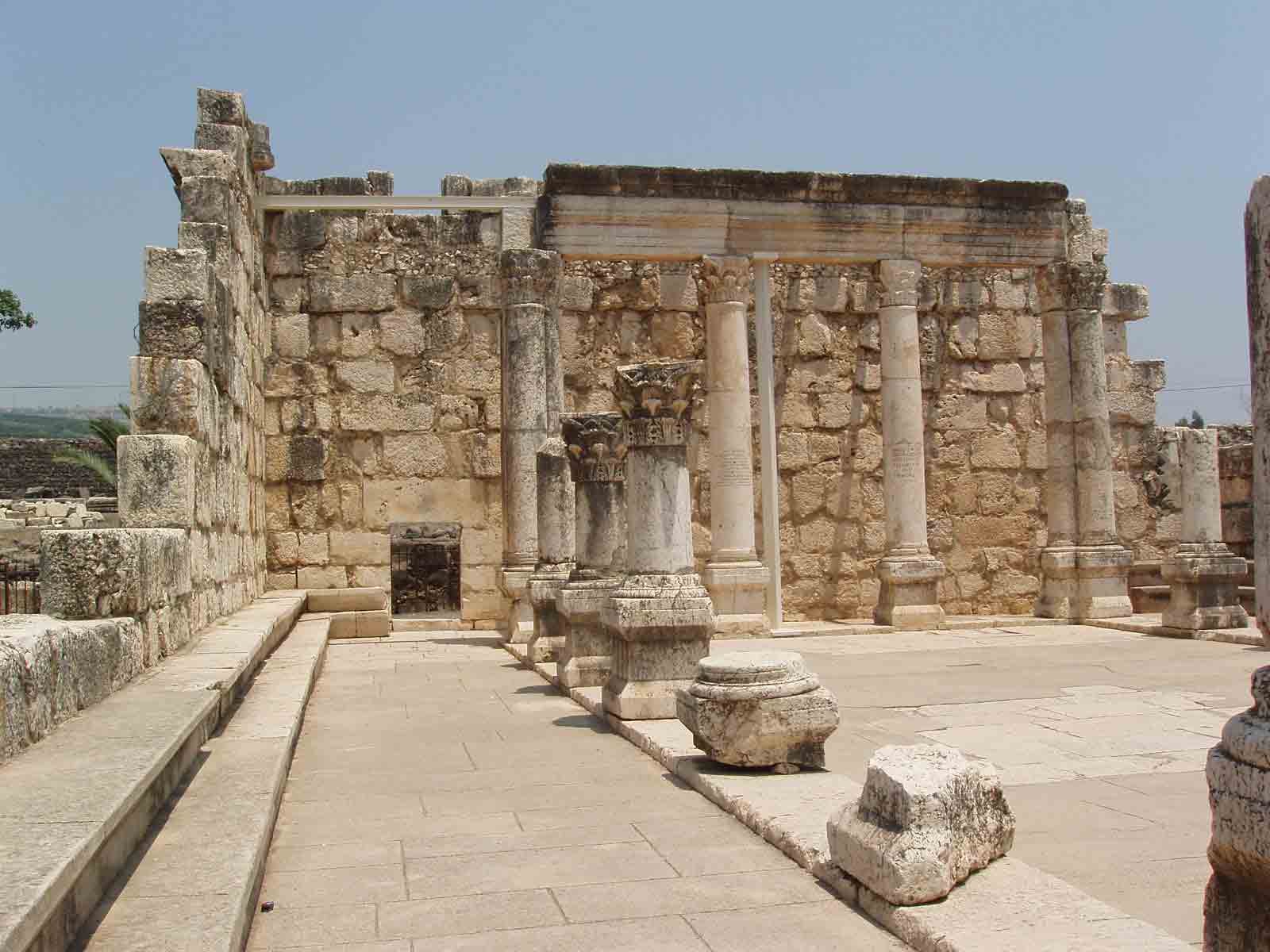After months of Tefillah Tuesday journeys through the prayer book, we’ve reached the formal beginning of שחרית, the morning service, with the section of “Shema and blessings,” which begins in fanfare and grandeur: the call to prayer, ברכו, [Barekhu, or “Proclaim Blessing!”]
- The prayer leader announces: “Proclaim Blessing to Adonay, the Blessed!”
- The congregation replies: “Blessed is Adonay, the Blessed, for all eternity!”
- The prayer leader then repeats: “Blessed is Adonay, the Blessed, for all eternity!”
Morning services have begun this way for almost 2,000 years. Our phrase appears in the Mishna, [Berakhot 7.3, edited around 200] in which two 2nd century sages, R. Akiva and R. Ishmael, debate the text for the line. They differed only about the proper congregational response: R. Ishmael wanted the worshippers to add the words לעולם ועד, “for all eternity,” and, obviously, he carried the day. This line is also well-known as the introduction to the blessings recited over the Torah, as every bar/bat mitzvah student recalls.
Midrash Sifrei Devarim [ch. 306], a slightly later text, also uses R. Ishmael’s phrase to describe what one would see when visiting a Palestinian synagogue in about the 3rd century. Imagine that! If you could take a time machine back to Tiberius in the year 250, you would know what to say in synagogue, for at least part of the service. Or if Rabbi Ishmael could take a time machine to Ansche Chesed today, he would know what to say in ours. Awesome!
At their best, our choreography and “stage directions” bring out the poetry and ideas between the lines of the prayers. We have such a case here. Why does the prayer leader repeat [C] the congregation’s blessing [B]?
The structure is a call-and-response, in which the prayer leader gives the congregation direction. “Barekhu!” he or she says. Grammatically speaking, that’s an order. “You should all proclaim blessing now!” And indeed the congregation does. “Blessed is Adonay, the Blessed, for all eternity.”
But what about the prayer leaders themselves? Are they members of the group? Or are they the superiors – the bosses or generals, so to speak – who instruct the masses what to do but do not follow their own rules? Do they merely talk the talk but not walk the walk? No, they too must bless exactly as all their fellow congregants do. And since the ruling of R. Yehuda of Barcelona in the 11th century, repeating that line has been the prevailing practice.
This idea of leader-as-member is expressed clearly in a parallel liturgy, familiar to many of you: in Birkat HaMazon, the blessing following eating, the call to recite the blessing begins with the phrase נברך, nevarekh, or “let us bless together.” Note the different grammar here. The leader says to his or her fellow diners: “Let’s do this together.” Not: “Everyone do what I tell you.” The Talmud [Yerushalmi Berakhot 7.3] says that either phrasing – the cohortative “let’s bless together” or the exhoratation “everyone bless” – is acceptable after eating, and only “uptight nit-pickers” [נוקדנים] dissent. But the Sage Samuel [Babylonia, 3rd century] prefers “let’s bless together” because “I never separate myself from the community.” It’s always best to worship with others. And so nevarech, “let’s bless together,” became the standard way to begin Birkat HaMazon.
OK, so why didn’t Samuel’s version displace Barekhu as the call to prayer in synagogue? Maybe it should have. But 2,000 years of liturgy are not easily changed, so Barekhu it is. But our prayer book has worked the idea of leader-as-fellow-member in, by demanding that leaders also recite the same blessing they summon from the congregation.
Now, full disclosure, not everyone followed R. Judah of Barcelona and his repeated blessing. R. Amram Gaon in 9th century Iraq, Maimonides in 12th century Egypt, R. Meir of Rothenberg in 13th century Germany – none of them repeated the communal response. But they all accepted the same idea, locating it in a different word: since the prayer leaders summon the community to “Proclaim Blessing to Adonay the Blessed,” that was sufficient to count as their own blessing.
Either way, when you daven these lines, whether you are leading prayers from the dais or sitting in the pews, the point is to create a communal chorus of blessing to Adonay, the Blessed, eternally.





